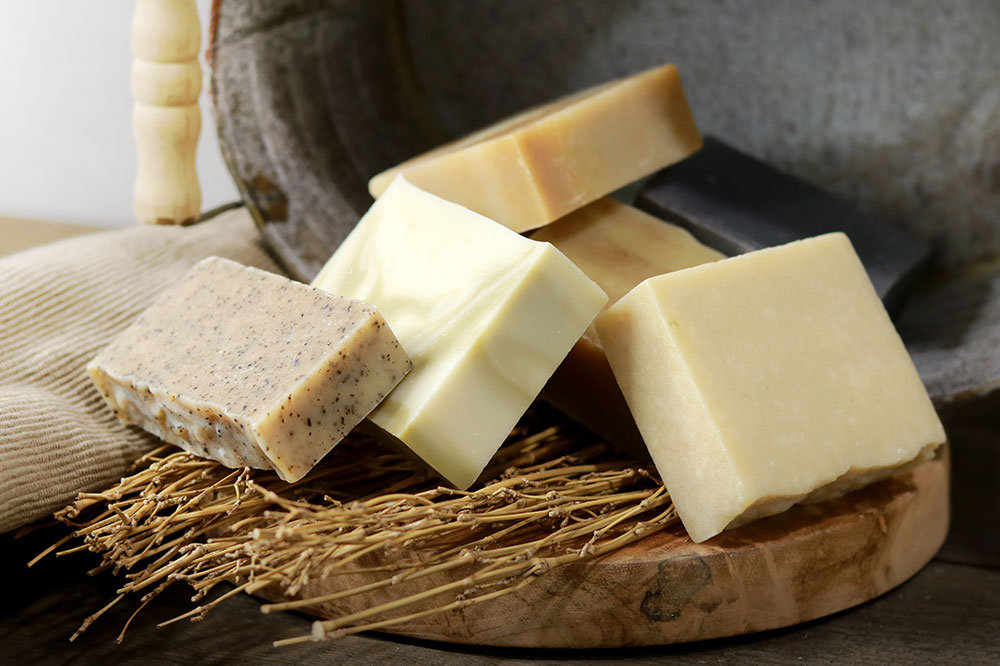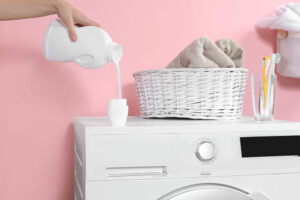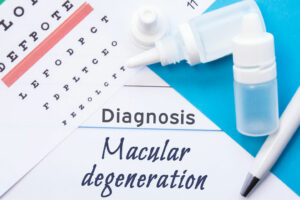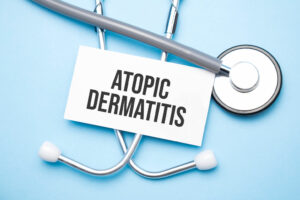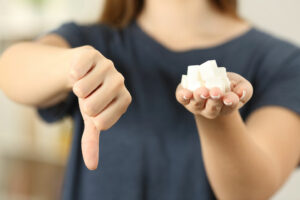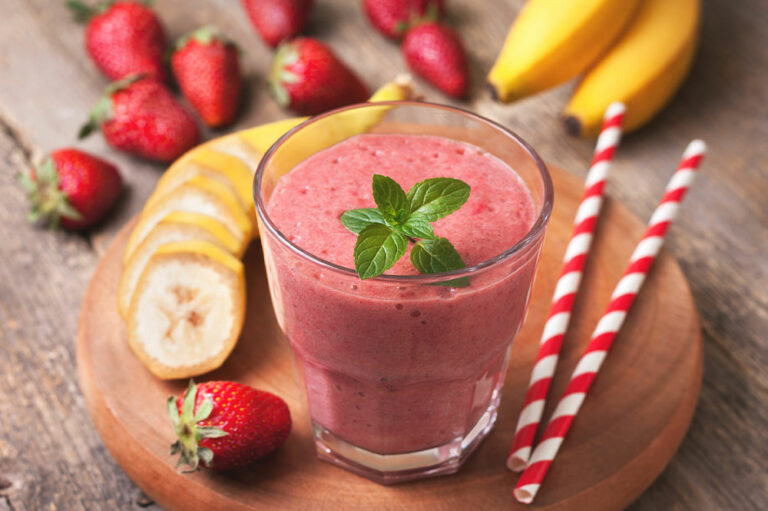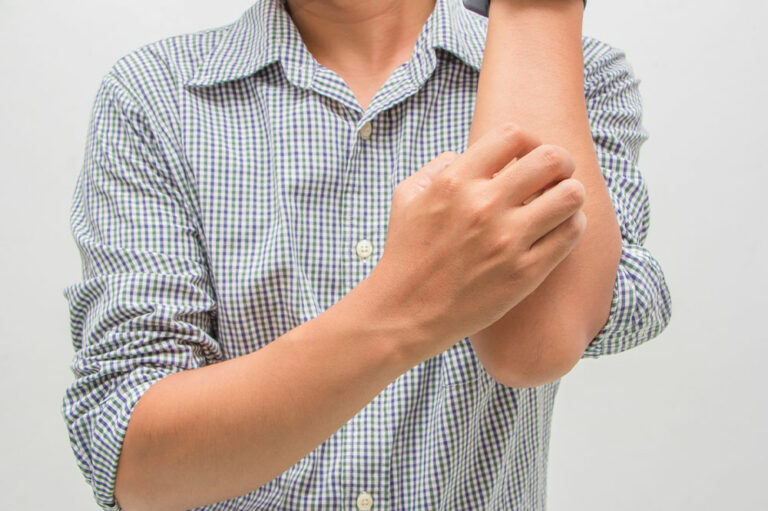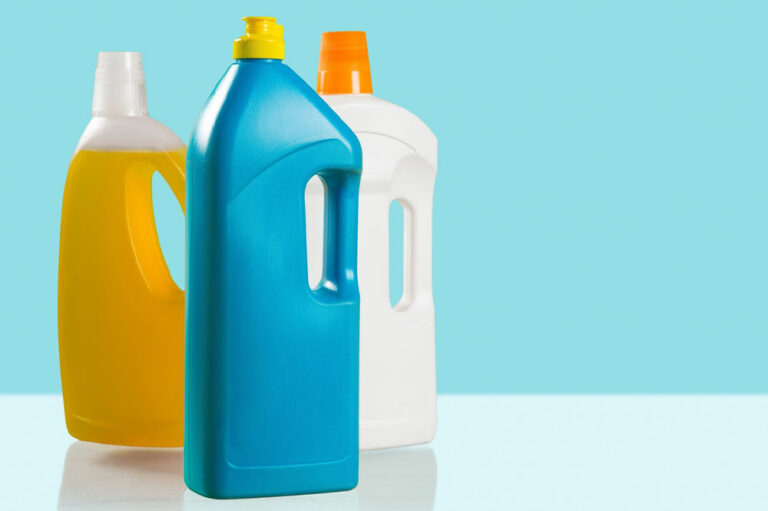As dreadful as it sounds, eczema is more prevalent than you think. 31.6 million have at least one form of this type of dermatitis in the country alone. The term eczema describes a skin disease that involves skin inflammation, typically due to exposure to some environmental or dietary trigger. The condition is commonly called atopic dermatitis since the cause is usually some allergen. The allergens vary from individual to individual.
What is eczema?
Eczema does not refer to one skin disease but is a group of conditions characterized by inflamed or irritated skin. The most common type is atopic dermatitis, related to allergic conditions like asthma and hay fever. Eczema affects 10% – 20% of infants and about 3% of adults and children in the country. Usually, in children, the symptoms are outgrown after ten years. Though there is no cure, you can manage the signs to a large extent. The condition is caused partly by genetic components but is not contagious.
Managing eczema
Managing any chronic condition is difficult. With skin diseases, there is not only continual discomfort but also social factors that need to be addressed. It is typically stressful during an eczema flare-up, and this emotional anguish forms a vicious cycle triggering the symptoms even further. You might have to handle your emotions and pay attention to your routine, including skin care, regulating your meal plans, avoiding triggers, and ensuring your clothes and environment are chemical-free.
What about baths?
Bathing with a skin condition is different indeed. You cannot indulge in hour-long soaks with scented bath bombs. Aromatic bath salts are out of the question, and so are fragrant shower gels. If you love cold showers, forget them and ditch hot baths too. Additionally, stay away from exfoliating skin scrubs and salt rubs. It is best to bathe for 5-10 minutes in lukewarm water, preferably at night, and follow it with a thick creamy moisturizer from a tub. This is because tub moisturizers are thicker, allowing the skin to absorb moisture better. But with all this said, you cannot simply bathe with water, can you? Soap is an essential part of a refreshing bath. However, when you have eczema, finding a suitable soap is necessary. The following are six tips for finding the perfect soap for eczema.
Know the challenges
You first need to know what challenges you might face while finding the perfect soap for eczema. There are three main problems. Firstly, your skin changes when you have eczema. The symptoms appear in cycles when exposed to triggers or allergens, and the skin might not be as dry when the flare-ups recede. Thus the soap that works when the skin is inflamed might have to be different from the one you will need when the symptoms are absent. Secondly, let us say you find the perfect soap, and then two months later, the manufacturer “updates” the formula. The new formula may or may not suit your skin. Finally, the number of recommendations you receive from people around you can be overwhelming. What works for another person with eczema may not work for you. Hence it is essential to work with your dermatologist, keep a diary of the products you use and be patient in finding a suitable soap for you.
How to experiment?
Your first step in finding the right soap should be consulting your dermatologist. Having seen many people with skin diseases, they will likely have specific recommendations for you. They might also evaluate your skin carefully before prescribing anything. The next step is a patch test. Apply a bit of soap to the wrist, clean it and dry it before wrapping a bandage around it. Wait 48 hours to wash the area so that you can check for signs of an allergic reaction. If there is redness, itching, or rash, remove the bandage, and apply a soothing lotion after washing the area. If there is no reaction, you can continue to use the soap. However, remember that eczema symptoms and intensity change over time, so the product might become less effective with regular use.
Check the labels
When looking for a new soap, it is best to spend a little time reading the labels. Make sure you avoid soaps with fragrances, dyes, and deodorants. Such components tend to irritate the skin. Neutral pH is ideal in soaps. Individuals with eczema should be wary of alkaline soaps. Avoid soaps with propylene glycol, salicylic acid, and formaldehyde since they worsen eczema symptoms. If you have had eczema for a while, you will be aware of ingredients that irritated you in the past. Look out for these in the soaps as well. Further, it might be good to look for endorsements from organizations like NEA (National Eczema Association).
What to avoid
Some red flags when looking for soap are – tea tree oil, urea, retinoids, lanolin, cocamidopropyl betaine, propylene glycol, and ethanol. These tend to irritate the skin, particularly those with eczema. Most fragrances cause allergies as well. You need to invest in fragrance-free. Scrutinize the label; unscented is not the same as fragrance-free. Unscented soaps tend to have an aroma, but their smell is masked. Also, avoid super-sudsy cleansers. These lathering and foaming washes tend to dry the skin rather than clean and hydrate it.
Watch out for traditional soaps
Traditional soaps can be harsh on the skin, especially for those with atopic dermatitis. The soaps you find in the supermarket tend to suck the natural oils out of the skin, which enable the skin to retain moisture and stay hydrated. The skin becomes dry when the oils are removed, increasing the chances of an eczema rash exponentially. Further, true soaps are alkaline to neutralize the skin’s acidic nature. When used on patches caused by eczema, such soaps disrupt the skin’s protective layer. It is best to look for soap-free cleansers.
Some products to try
Searching for the most appropriate soap to deal with eczema is not easy, especially on your own. While your dermatologist can help, your quest begins with a good list of soap-free cleansers to use. The National Eczema Association (NEA) recommends the following products – CLn Facial Cleanser, Skinfix Eczema Soothing Wash, Neutrogena Ultra Gentle Hydrating Cleanser, CLn BodyWash, and Cerave Soothing Body Wash. These have been certified by the agency and used by several individuals with eczema. You can start with a patch test of these to find if they are the right ones for you.
